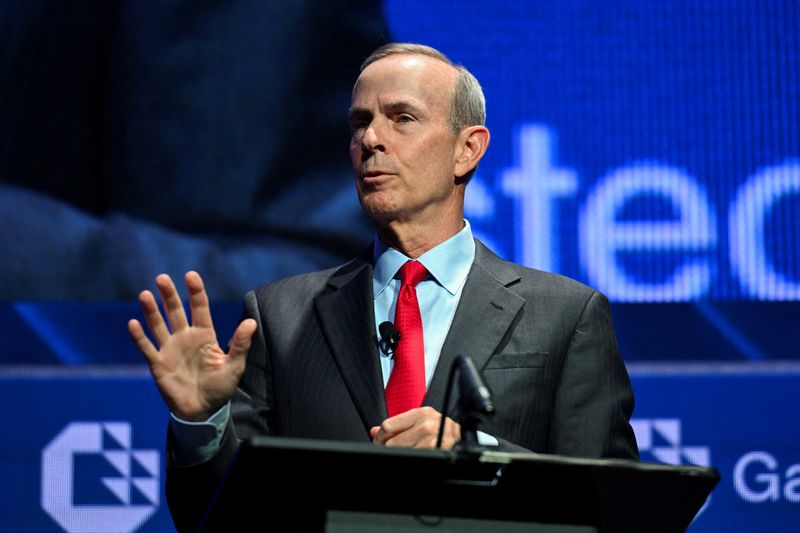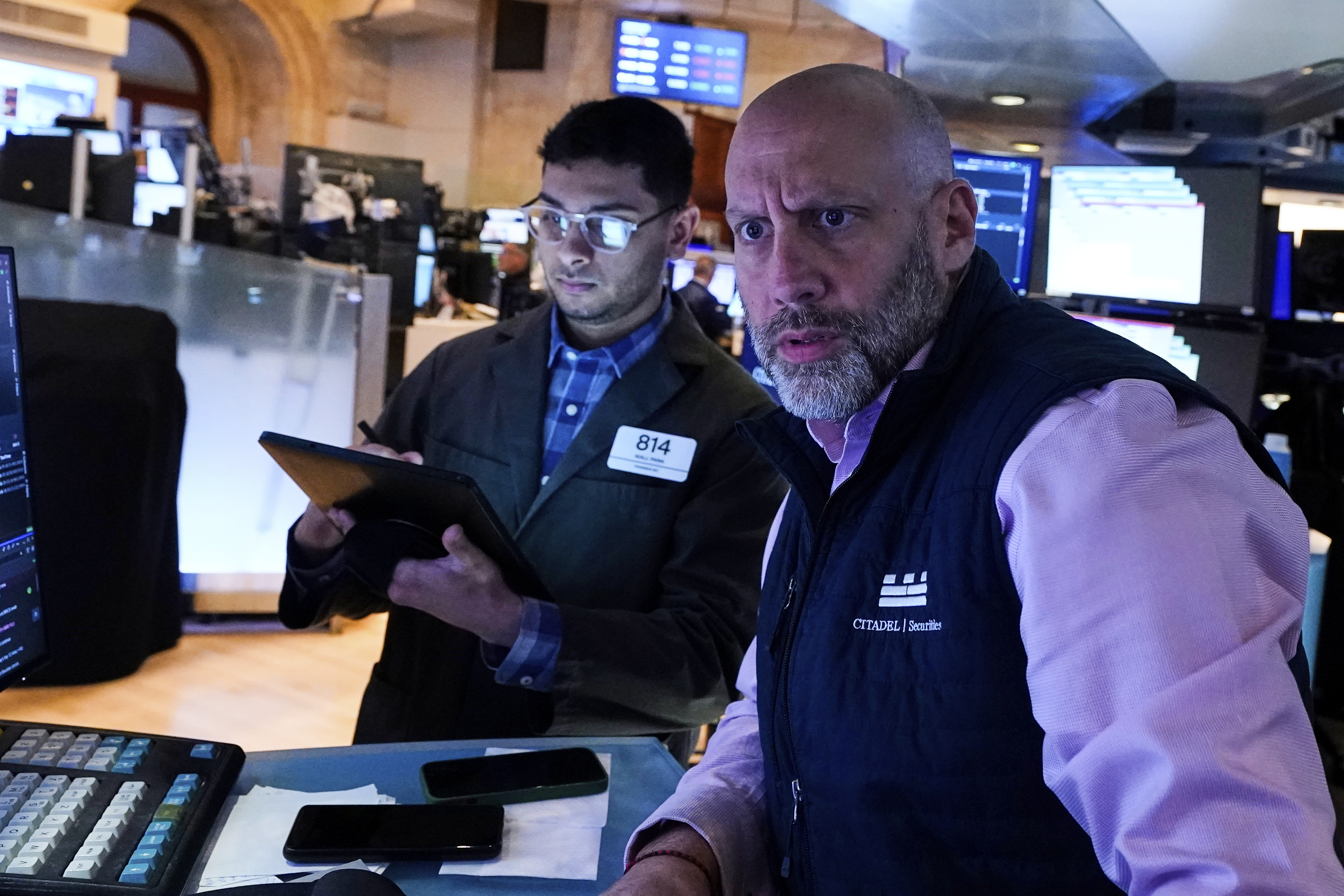How to save cash: 7 ways to protect and grow your liquid savings
Stockpiling physical cash may feel secure, but it’s not the best idea. Saving money this way is a recipe for lost, damaged, or stolen cash. Not to mention, those stacks of bills won’t earn any interest.
If you want to save, protect, and grow your money, keeping physical cash isn’t the best way to do it. Instead, consider a secure and insured account that also allows your balance to earn interest.
Here are seven smart places to keep cash savings.
Checking accounts are common, in part because they’re so practical. They make it easy to withdraw and deposit money, pay bills, and write checks. However, what makes them ideal for daily money management makes them a less optimal choice for saving money.
Most checking accounts don’t earn interest, so your money doesn’t typically grow in this type of account. And because checking accounts are designed for frequent transactions, you may be tempted to spend it, not save it. For these reasons, checking accounts are most beneficial when you use them alongside a savings account. This lets you separate your money based on what you need to spend now and what you plan to spend in the future.
A traditional savings account is a safe place for your savings, protecting your balance at any insured bank or credit union.
The major downside of using a traditional savings account is that you won’t earn much in terms of interest. Many large banks have savings accounts that earn variable rates around 0.01% APY, which, with a $10,000 balance, would equate to $1 over the course of a year.
Also, keep in mind that, unlike checking accounts, some savings accounts come with transaction limits. This can make it harder to withdraw money whenever you want without incurring a fee.
A high-yield savings account works like a traditional account, with one major difference: You can earn competitive interest on your balance. For example, the best high-yield savings accounts currently earn upwards of 4.00% APY. At this rate, a $10,000 balance could earn over $400 in one year.
To be able to offer such high interest rates, many banks with high-yield accounts operate entirely online. However, these accounts receive the same FDIC protection as those opened at traditional banks, so they’re a good choice for your savings.
Read more: Here's why online banks offer the highest savings interest rates
Money market accounts (MMAs) are essentially savings accounts that also often come with similar features as checking accounts, such as check-writing abilities or debit cards.
Compared to traditional savings accounts, money market accounts usually pay higher interest rates — similar to those of high-yield savings accounts. However, MMAs may come with high minimum balance requirements that can be prohibitive to those just starting to save.
Certificates of deposit (CDs) are a type of deposit account that offers higher earnings in exchange for less flexibility. In fact, some of today’s best CDs earn up to 4.25% APY.
When you open a CD, you choose a term, which is the length of time you must keep your money on deposit. During this time, your balance earns a fixed interest rate, but you usually can’t touch your money without penalty or make additional deposits. Like other bank or credit union accounts, your CD deposits and earnings are federally insured.
If you have savings you know you won’t need for several months or years, a CD can be a great way to earn predictable interest over a set period of time. But it’s not the best choice for emergency savings or any other money you may need to access with short notice; if you do withdraw your cash before the term ends, you’ll face early withdrawal fees.
Cash management accounts (CMAs) are similar to checking accounts, but they’re available from brokerages, not banks or credit unions. The best CMAs also offer rates similar to other high-yield deposit accounts (currently, around 4.00% APY) and may come with an ATM card and checks. However, some cash management accounts also incorporate investing features, allowing you to easily transfer money from your cash account into your investment accounts.
Insurance also works differently with cash management accounts. Brokerages aren’t insured by the FDIC or NCUA. But they often work with partner banks to provide FDIC insurance for your cash. This can allow CMAs to offer more than the standard $250,000 worth of insurance, as brokerages can sweep your deposits into multiple FDIC-insured banks.
When your money is sitting in the brokerage, however, it’s covered by SIPC insurance (as long as the brokerage is insured). SIPC insurance covers up to $500,000 worth of securities and cash if your brokerage fails.
Treasury Bills, or T-bills, are short-term debt instruments sold by the U.S. Department of the Treasury. When you buy a Treasury Bill, you buy it at a discounted rate. When the bill matures, you receive its full amount (face value).
Treasury Bills have terms of one year or less, and you can purchase them in increments of $100. T-bills are issued electronically, and you can buy them through a broker or online with a TreasuryDirect account. T-bills are also relatively liquid, especially compared to CDs.
The earnings on Treasury bills are similar to those of CDs and high-yield savings accounts, with the longest maturities currently earning the equivalent of more than 4% APY. T-bills are extremely low-risk, and while they’re not FDIC-insured, they’re backed by the U.S. government. One strategic way to use T-bills is to buy them after you max out FDIC insurance limits at your bank.
Read more: High-yield savings account vs. Treasury bill: Which is right for you?
Any of the account types listed above are a safe place for your cash, but each has its pros and cons. The best account to grow and protect your money depends on what you intend to do with your cash savings.
For example, if you’re trying to build an emergency savings fund, your cash should be in a safe and accessible account, like a high-yield savings or money market account. You don’t want your money locked up in a CD if you end up needing it.
On the other hand, if you’re saving up to buy a home in 12 months, you might choose a CD or Treasury bill because of their predictable timeline and earnings.
Another consideration is the current interest rate environment. CDs offer fixed interest rates, allowing you to lock in high rates in a falling-rate environment. On the other hand, if rates are expected to rise, a high-yield savings account, money market account, or cash management account might be a better option.
There’s no one right place to save your cash. But it’s generally better to save using one of these accounts, taking advantage of their convenience and security, than to stash bills under your mattress and hope for the best.
Latest News
- Mitchells & Butlers reports revenue of £1.45bn for HY2025
- Exxon, Hess to face off over Chevron deal for oilfield riches
- Rewey Asset Management Sold as Aginco Eagle (AEM) Grows Beyond Smid Range
- Should You Invest in MercadoLibre (MELI)?
- Daily Spotlight: Home Prices May Fall This Fall
- Stock market today: Dow, S&P 500, Nasdaq drop as Trump threatens Apple, EU with new tariffs













